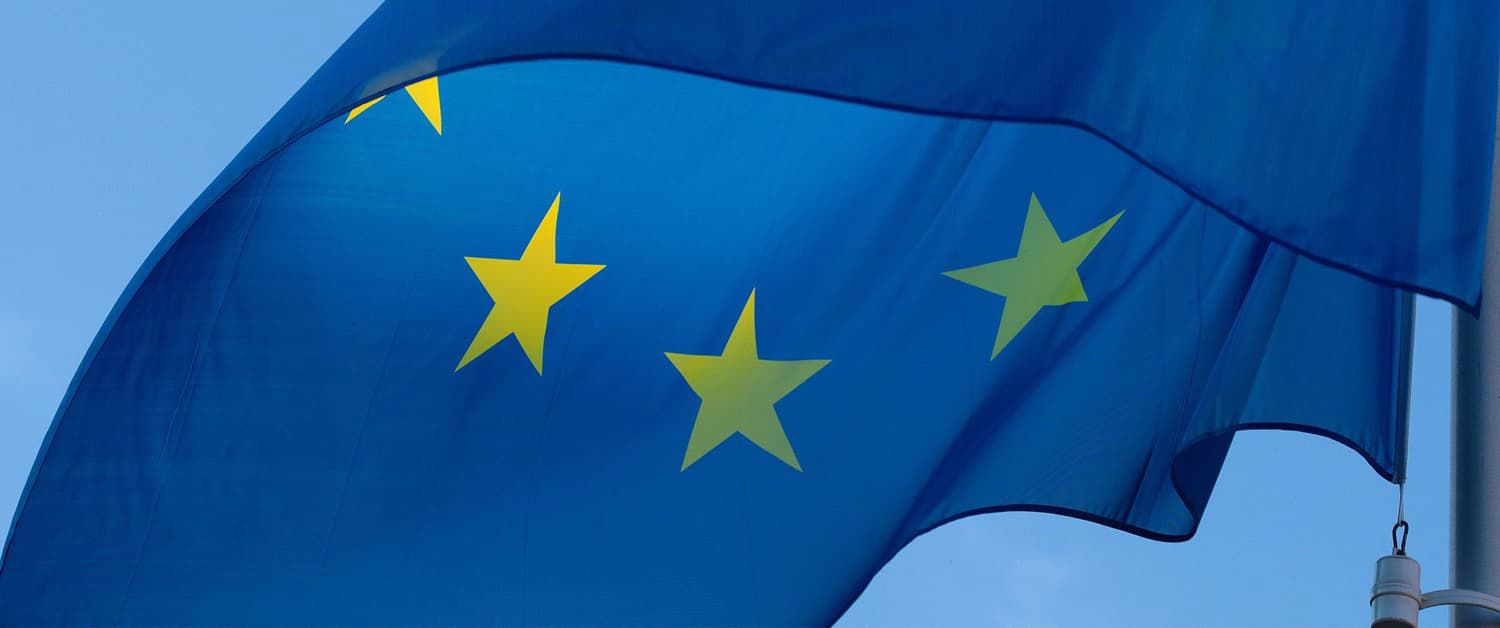Political negotiations have concluded to modernise the EU's Global Agreement with Mexico, following political engagement between Commissioner for Trade and Economic Security Maroš Šefčovič and Mexican Secretary of Economy Marcelo Ebrard.
The agreement puts in place an ambitious and modern framework to deepen and widen EU-Mexico political dialogue, cooperation and economic relations. It will create new economic opportunities for both sides, including growth potential for EU agri-food exports to Mexico, while promoting shared values and progressive rules on sustainable development. It will also feature progressive rules to tackle corruption in the private and public sectors.
The agreement sets out the EU-Mexico joint ambition to promote and protect human rights, multilateralism and international peace and security. The agreement facilitates strategic cooperation on key geopolitical issues, keeping up with fast-changing realities. This includes de-risking of supply chains, securing sustainable supply of critical raw materials, and tackling climate change.
Such efforts will support the competitiveness of businesses on both sides, while advancing the shared goal of achieving a net-zero economy. It also seeks to reinforce engagement on sustainable development, transnational organised crime, migration and gender equality.
Boosting trade and enhancing economic security
The trade pillar of the Agreement will substantially boost an already-thriving trade relationship: EU-Mexico trade in goods reached €82 billion in 2023, while two-way trade in services reached €22 billion in 2022, making Mexico the EU's second-biggest trading partner in Latin America.
The new agreement will offer new business opportunities and support the EU's green and digital transition, as it will:
- Help grow EU services exports in key areas, such as financial services, transport, e-commerce, and telecommunications;
- Strengthen the supply chain of local critical raw materials, while improving the competitiveness of European industry;
- Eliminate non-tariff barriers and establish a level playing field, for example on Intellectual Property Rights;
- Give EU companies access to Mexican government contracts on an equal footing with local companies;
- Encourage and protect European investments in Mexico;
- Promote the digital transition on both sides, with a dedicated chapter on digital trade; and
- Improve rules to promote the reuse and repair of products important for sustainability.




